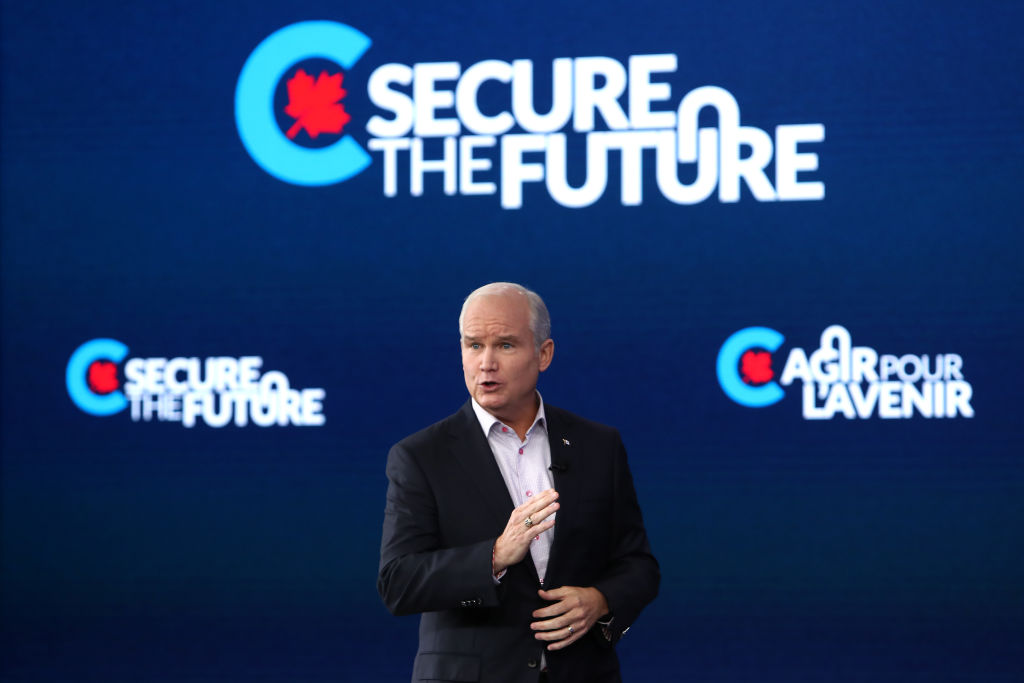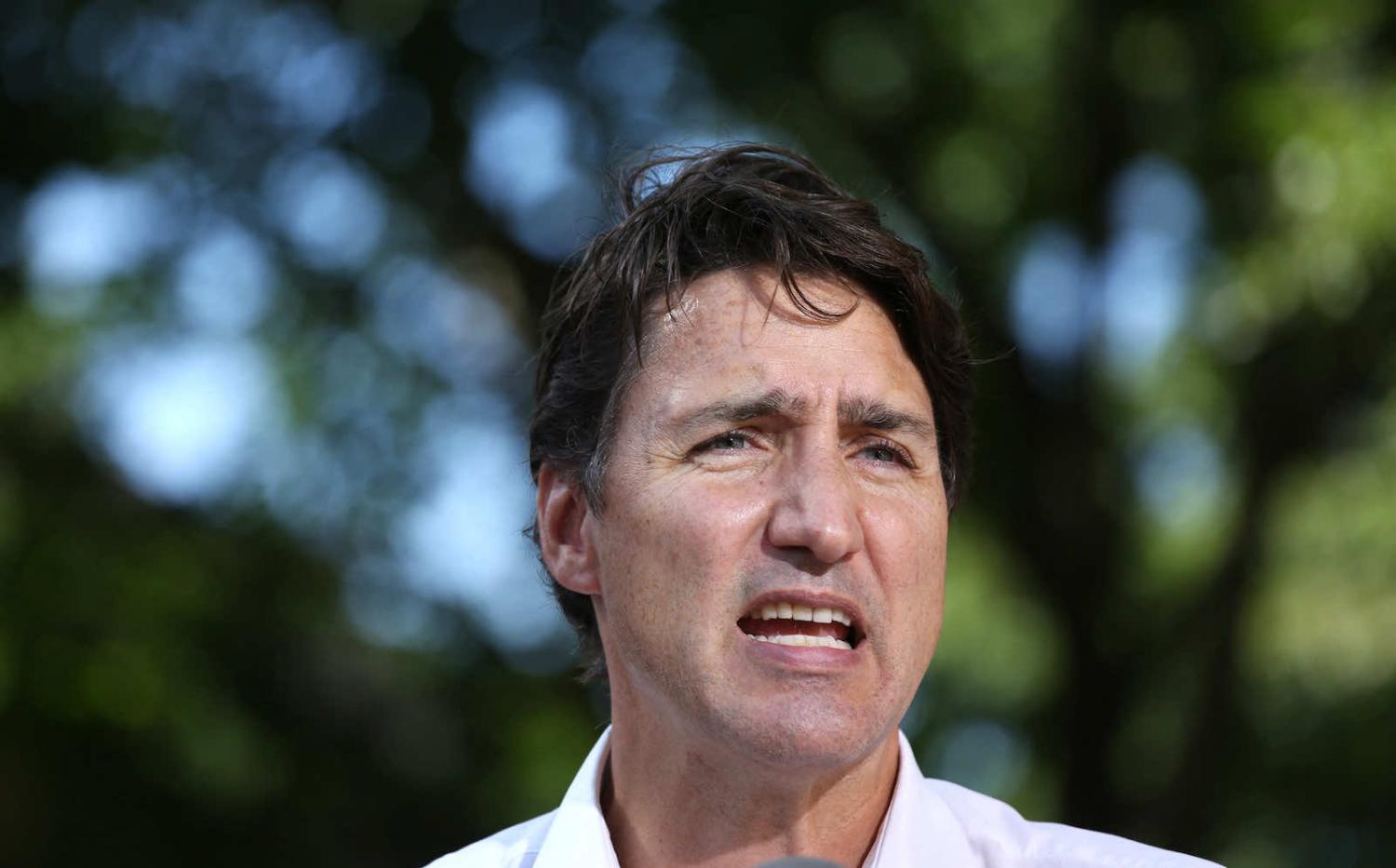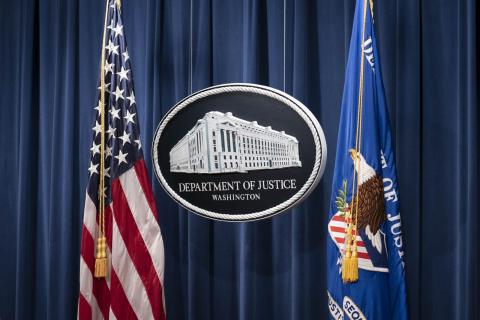Canada is off to the polls again, less than two years after the last election. When Prime Minister Justin Trudeau called a surprise snap election in August it was with the hope of converting his current Liberal Party minority government into a majority one, reaping the rewards of incumbency during the pandemic. However, conditions have quickly changed, and an early election to be decided on 20 September looks certain to prove a great folly.
When the party started planning for an early election the outlook looked encouraging. Two provincial elections held during the pandemic – in British Columbia and New Brunswick – both upgraded the incumbent minority governments to majorities, and polling suggested that the Liberal Party was destined to do likewise federally. Yet two days after Trudeau went to visit the Governor-General to send people to the polls, a provincial election in Nova Scotia bucked the trend. It demonstrated that governments could fall during the pandemic, and even more concerning for Trudeau, it was a Liberal government that fell.
A handsome lead in the polls has since evaporated. On the Canadian Broadcasting Corporation’s poll aggregator, the Liberal Party presently trails its primary rival, the Conservative Party, by almost three per cent. Although given overrepresentation of the four small Atlantic provinces where the party is strong, and the discrepancies of the first-past-the-post voting system, the Liberals are still projected to win the most seats. However, this will be nowhere near a majority.

So what has happened? During Covid-19, the public mood has swung from rewarding governments that were seen to be doing their best under difficult circumstances to one of being tired and frustrated by the pandemic impositions. Failing to sense this shift, Trudeau gave this frustration the perfect outlet by calling an election.
Yet there is also a broader phenomenon taking place. One less to do with the actions of Trudeau’s government and more to do with the politics of personality. The trend that Trudeau rode into the office back in 2015 no longer has the same public appeal. For him at least.
Justin Trudeau’s leadership was able to rocket the Liberal Party back to a majority government in 2015. Yet this image came with expectations that rubbed unfavourably against the harsh realities of governing.
Trudeau’s leadership of the Liberal Party was a reaction to the party’s approach to the position after losing office in 2006. It subsequently installed two aloof and cerebral university professors – Stéphane Dion and Michael Ignatieff – into the role with diminishing results. Until Dion and Ignatieff, such was the Liberal Party’s historic dominance that no leader of the party had failed to become prime minister since the 1880s. Furthermore, Ignatieff had led the party to third party status for the first time since it was founded in 1867. This was highly embarrassing and the party decided a new strategy clearly was needed.
The party came to understand that in the social media age politics was about attention and perception, not high-minded ideas, election promises or even positive outcomes. Although Trudeau wasn’t a celebrity in the conventional sense, he had grown up in the public eye due to his father, Pierre, being prime minister over the years spanning Justin’s birth until he was a teenager (1968–79, 1980–84). Pierre, a master of his own era’s image-based politics, understood the power of being photographed with his sons, investing the public in their development.
Projecting himself through social media as a thoroughly modern, sensitive, and cosmopolitan man, Justin Trudeau’s leadership was able to rocket the party back to a majority government in 2015. Yet this image came with expectations that rubbed unfavourably against the harsh realities of governing. Unlike Boris Johnson, whose bumbling persona has been able to divorce his actions from his popular appeal, or Donald Trump’s resentment-based politics which meant the lower he pushed the bar the more fervent his supporters became, Trudeau’s style personality politics lacked such reinforcements.
The weaker result the Liberal Party achieved at the 2019 election demonstrated that the public’s infatuation with him had started to wane. That trend has continued. Trudeau now has the status of being just another politician, being asked to run on his record, not on his looks.
Trudeau’s appeal to the young has been surpassed by the New Democratic Party’s Jagmeet Singh, whose mastery of TikTok is a contributing factor to that party’s renewed popularity. It’s unlikely that the NDP will return to the official opposition status it held after the 2011 election, however, the party looks likely to become the next parliament’s kingmaker, holding the balance of power by themselves (something they’ve shared with the Bloc Québécois for the past two years).
While personality politics can be fickle, it is also influential. Recognising that Canadians are attracted to upbeat and positive politicians, the new Conservative Party leader Erin O’Toole has made a concerted effort to move the perception of his party away from being dour, negative and angry. In particular, he has worked to side-line those in his party who are trying to import Republican Party style culture wars into Canada.
This projection of himself as the “happy warrior” is working in O’Toole’s favour. And he has a lot to be happy about. Trudeau’s misjudged pandemic election has given the Conservatives an opportunity to strengthen their position in the parliament two years earlier than expected. This may not be enough to get them into government, but it may make Trudeau’s position as prime minister no longer tenable.

